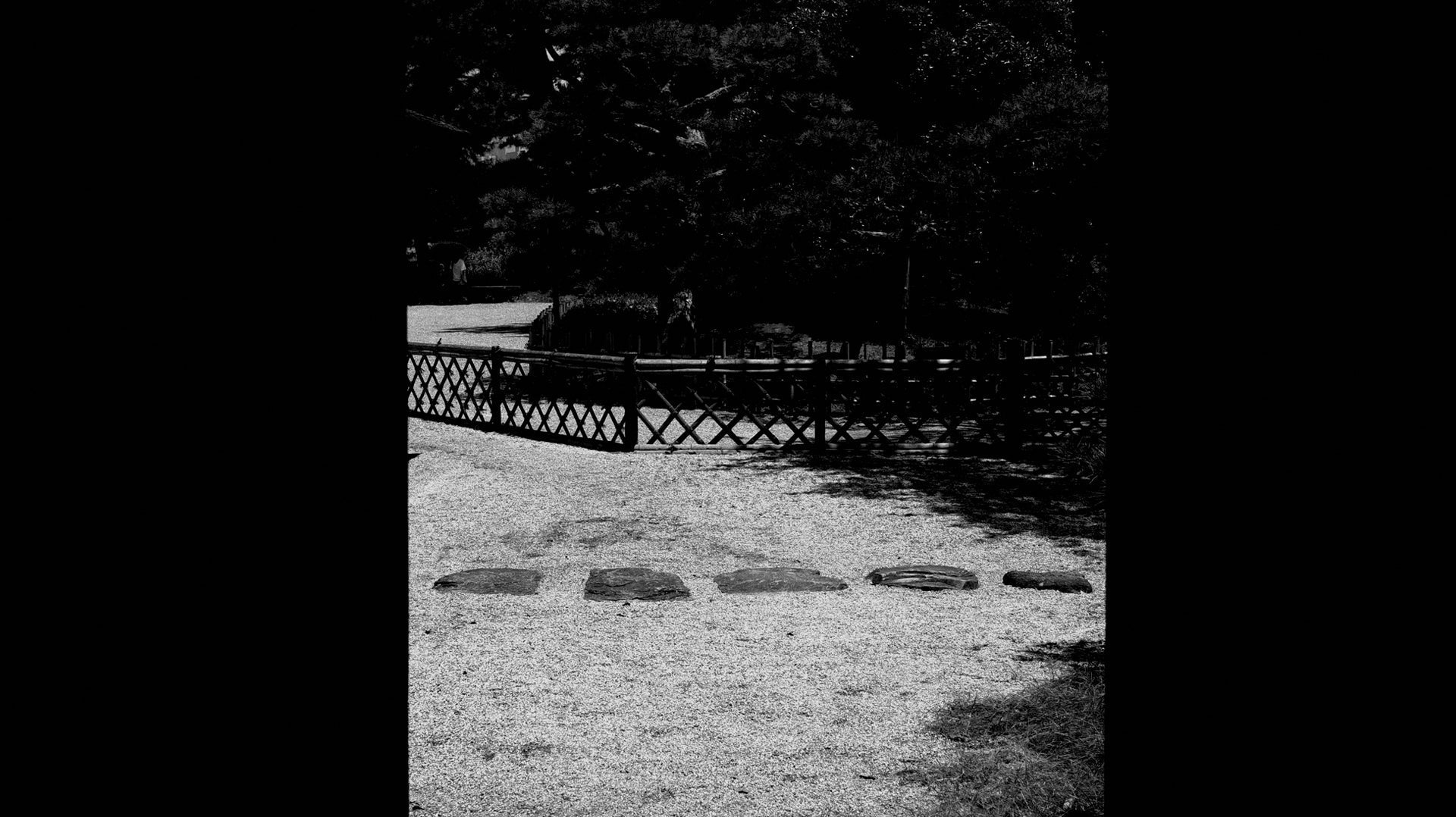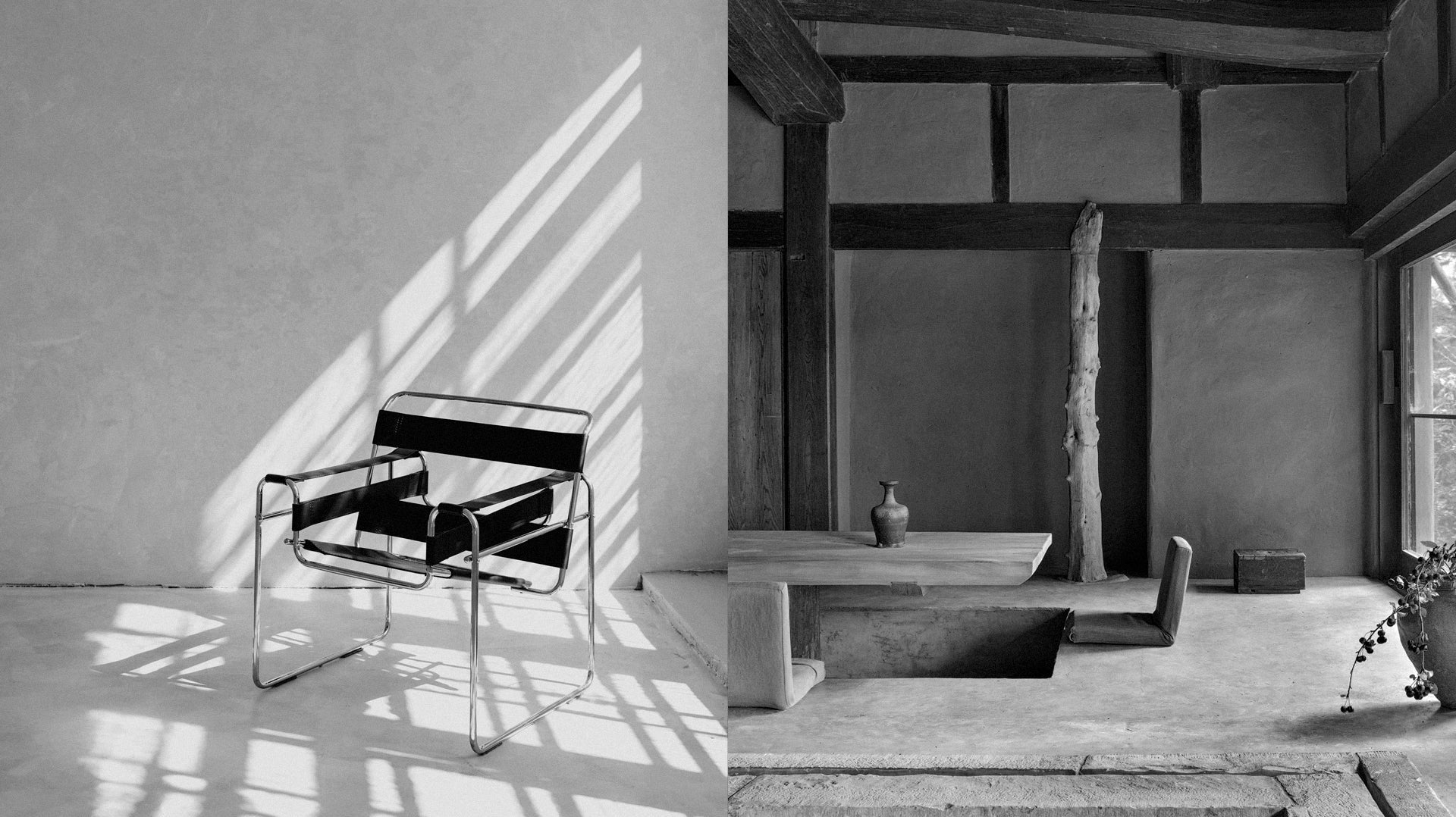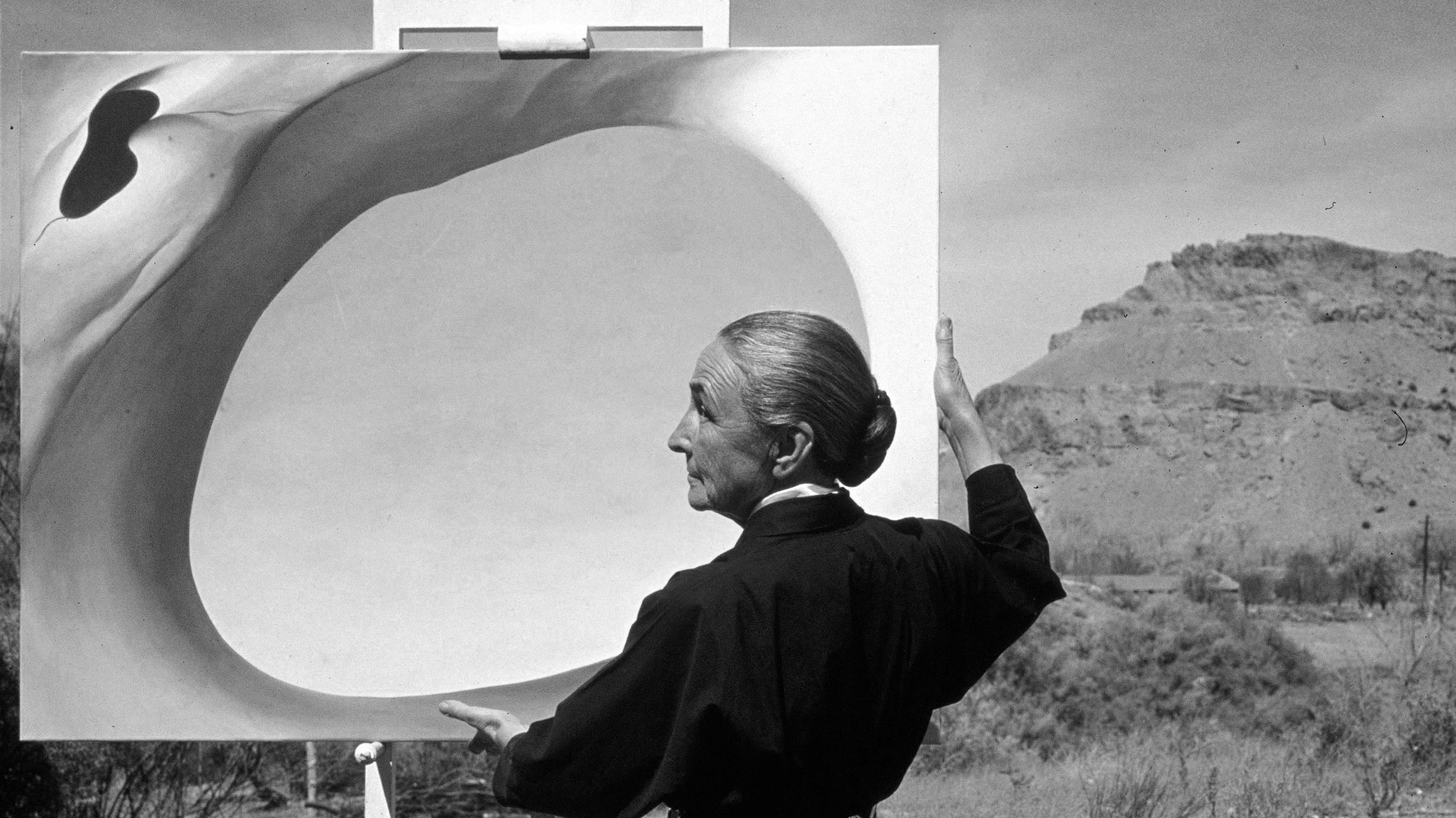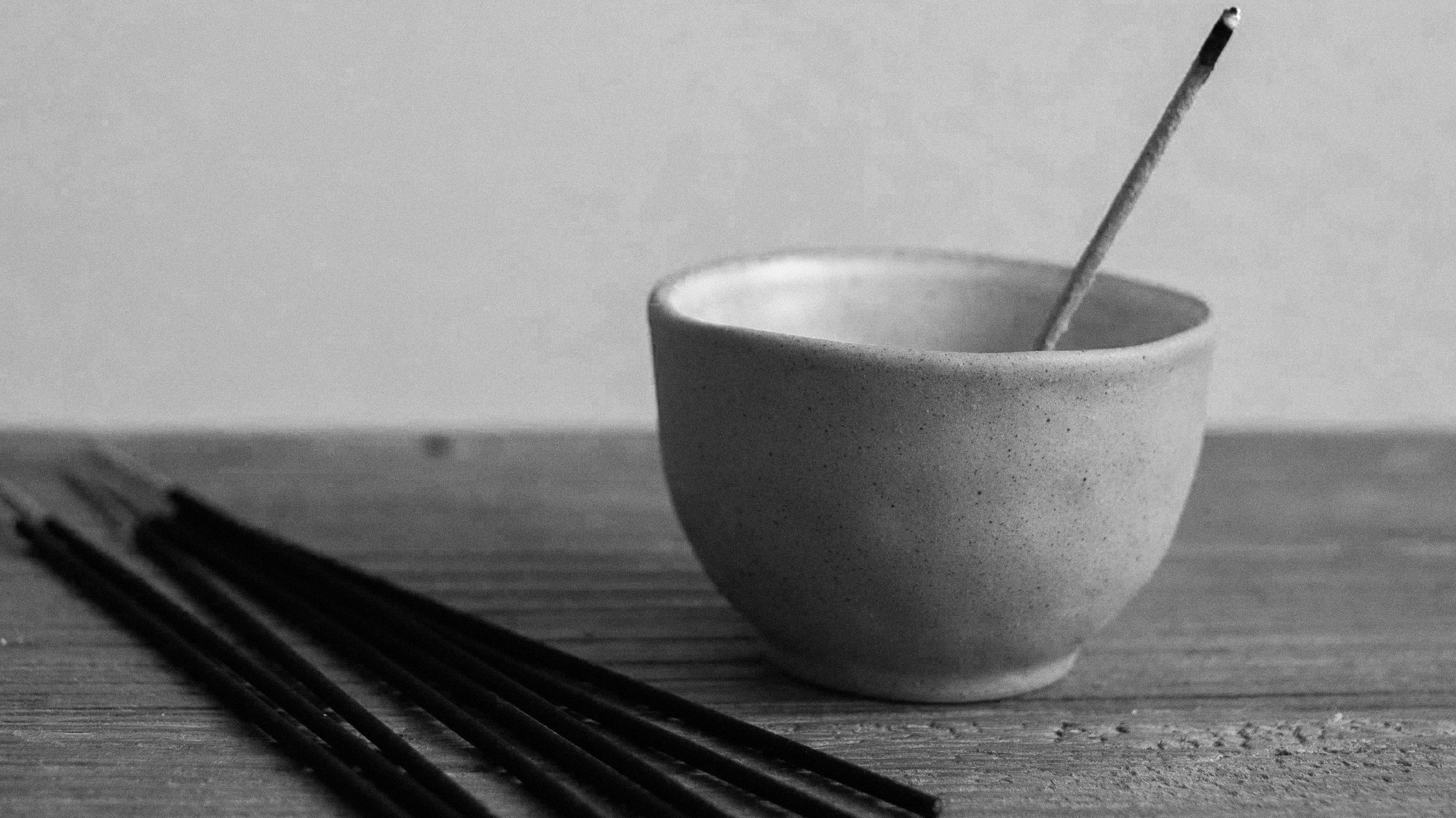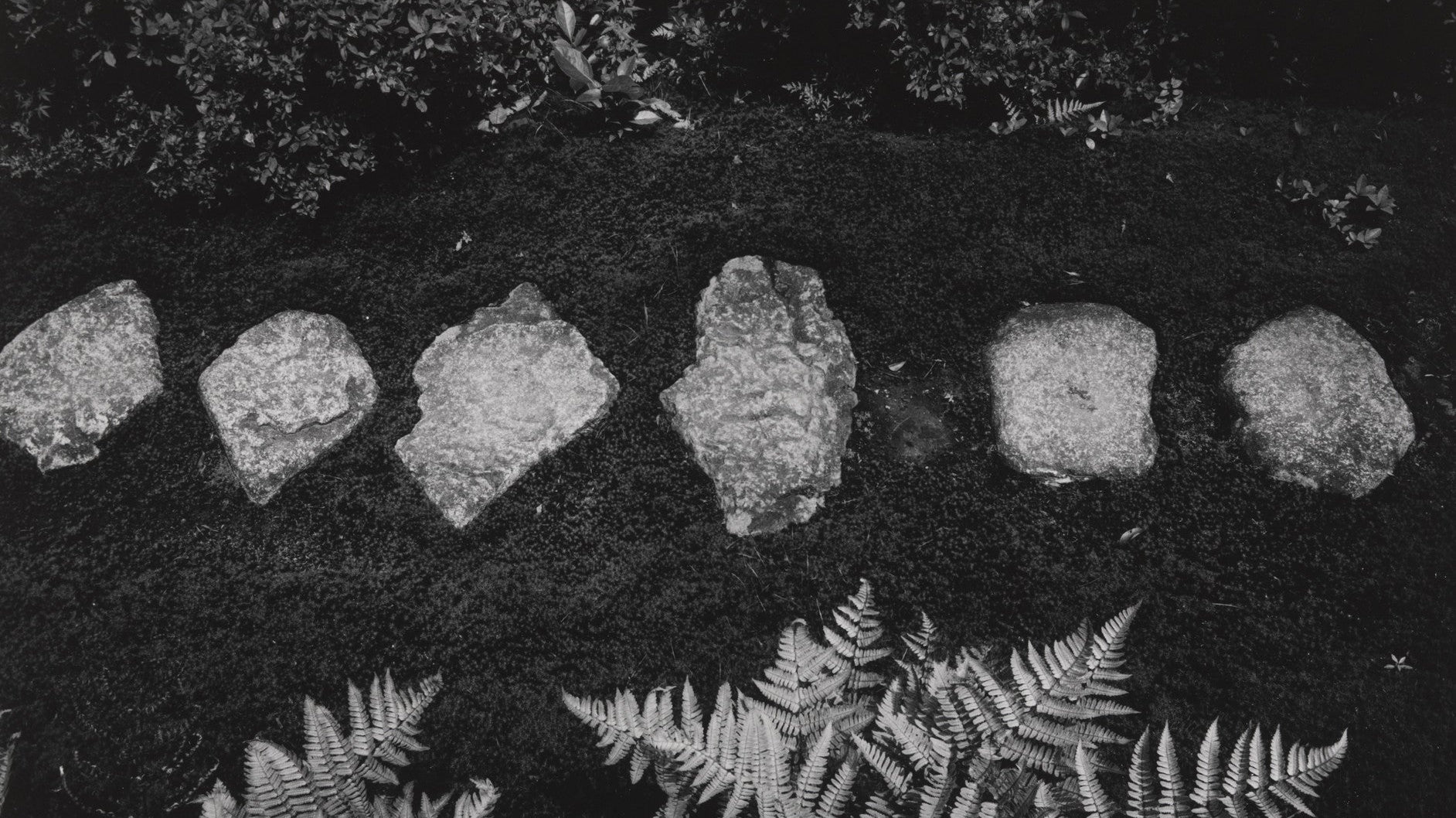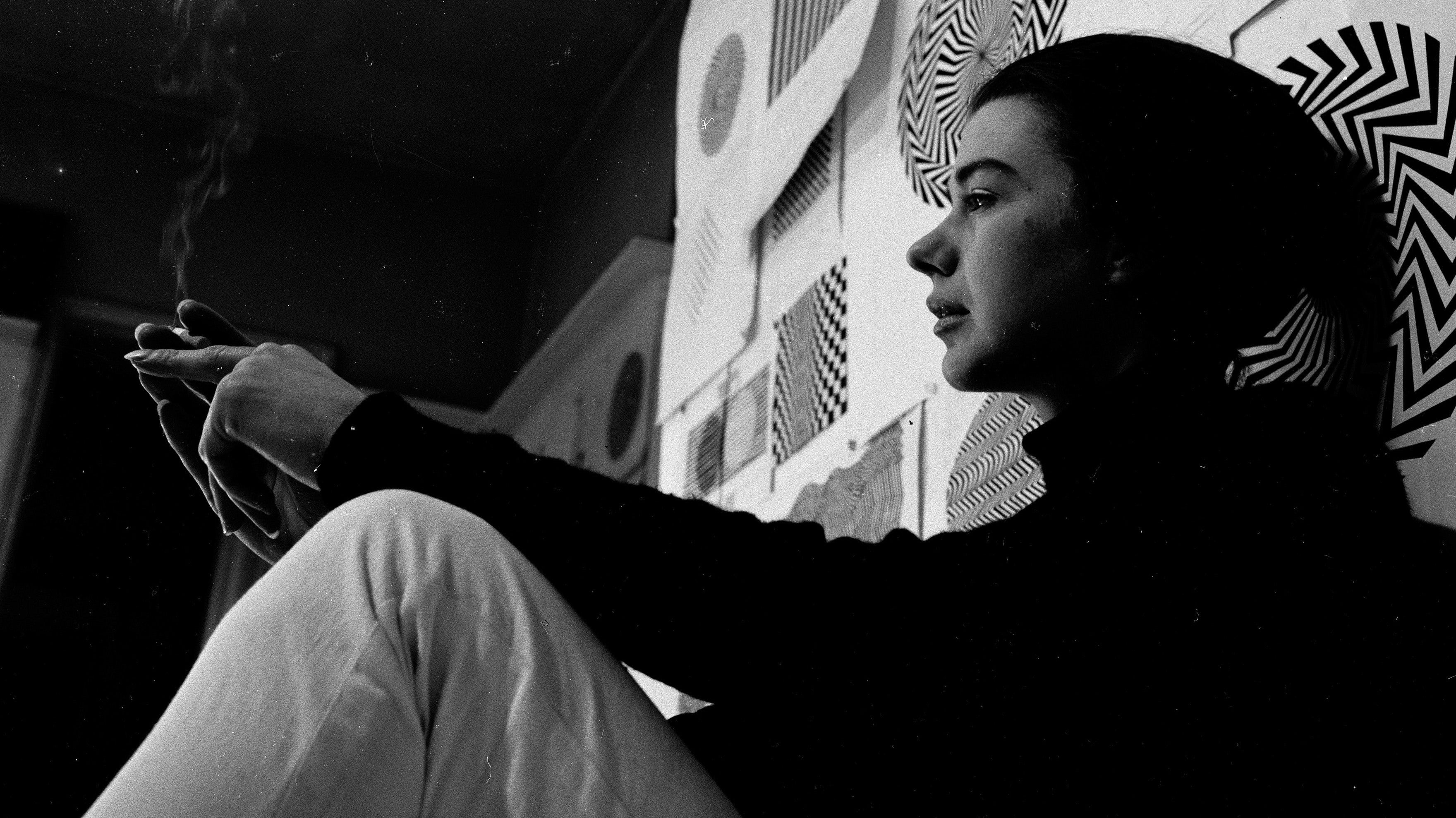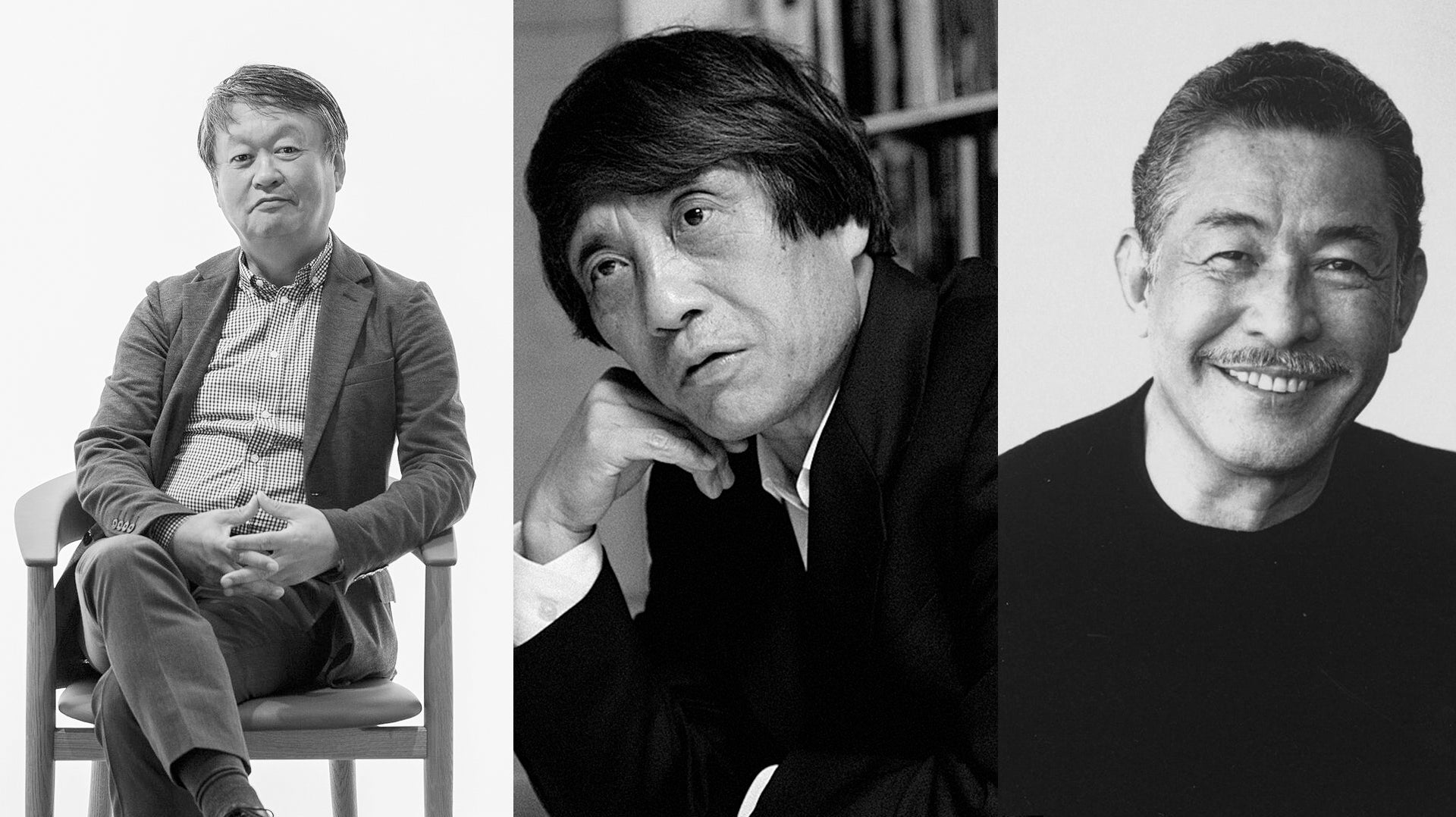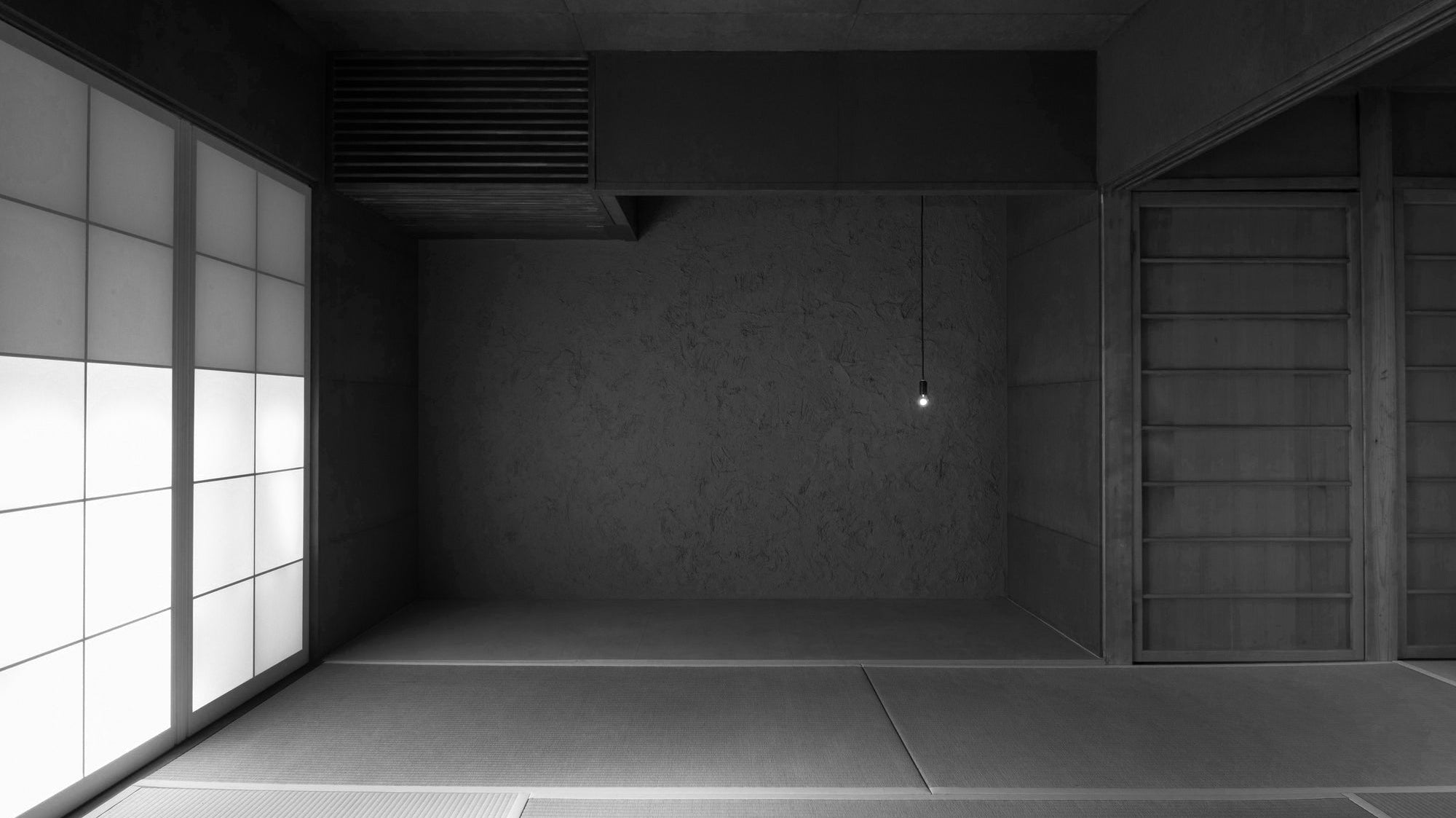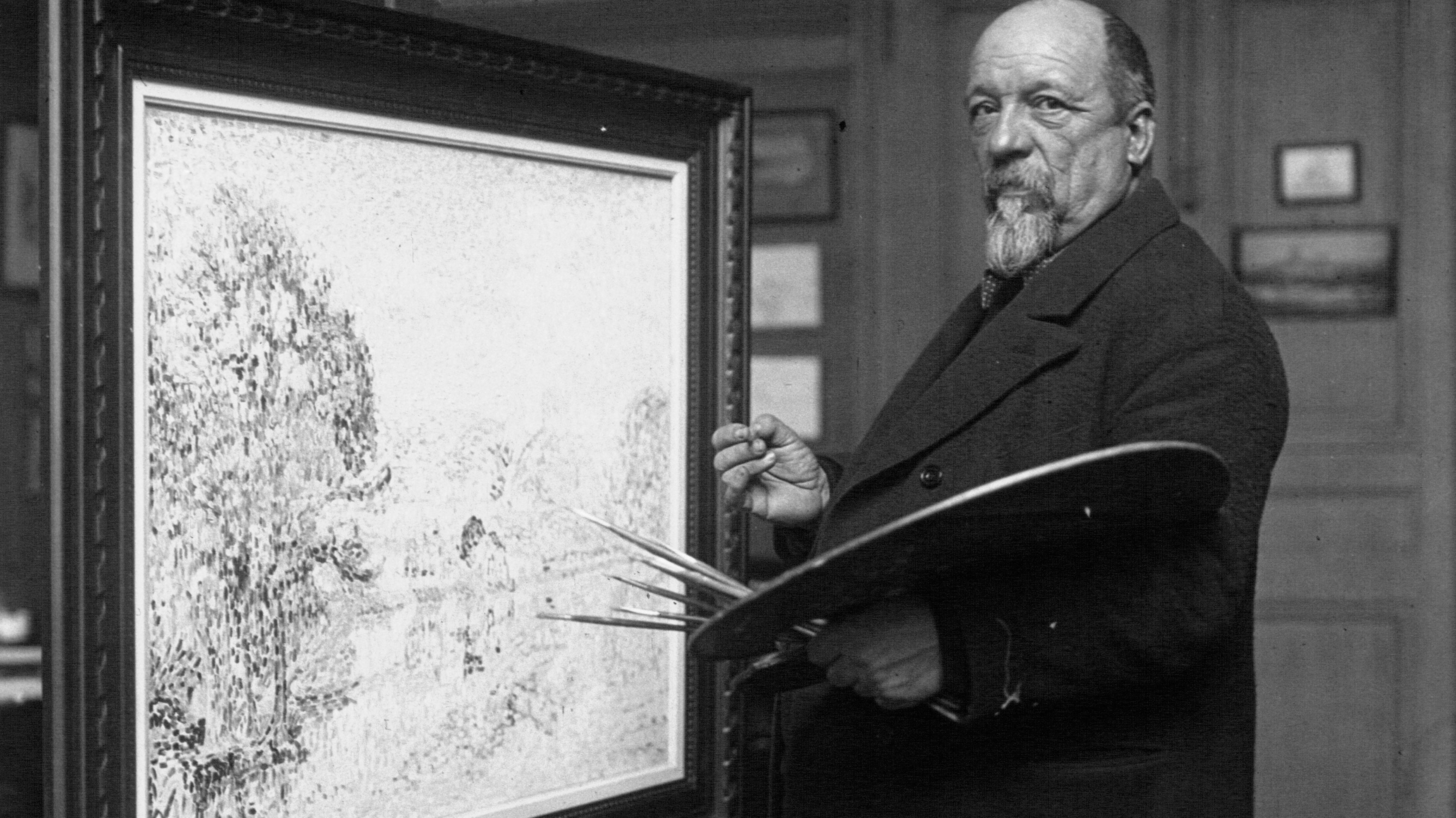Journal
7 Japanese Zen Aesthetic Principles That Define Wabi Sabi
Rooted in Zen aesthetics, Wabi Sabi expresses a quiet yet profound philosophy. In this article, we examine seven principles that illuminate its essence.
Wabi Sabi vs Minimalism: See Beauty Differently Through Two Aesthetic Philosophies
Wabi Sabi and Minimalism both embrace simplicity and intentional living, but they reflect very different values. In this article, we explore what truly sets them apart.
6 Female Artists Who Changed the History of Art Forever
Discover six influential female artists who helped shape modern and contemporary art through abstraction, sculpture, and innovation.
How Japanese Everyday Objects Reflect Beauty and Craftsmanship
In Japanese culture, beauty isn't always found in galleries or luxury design—it often lives in the most ordinary things, shaped quietly by craftsmanship and care.
8 Japanese Aesthetics That Might Change How You See Beauty
Japanese architect and designer Masayuki Kurokawa introduced eight aesthetic consciousnesses to articulate the essence of Japanese aesthetics.
6 Forgotten Modern Art Movements You Should Know
In this article, we explore some of the most overlooked modern art movements — movements that helped shape the course of creativity but are rarely discussed today.
What We Can Learn from Japanese Minimalist Design Masters
Let's explore how three Japanese master designers—Naoto Fukasawa, Tadao Ando, and Issey Miyake—each interpret minimalism in their own unique way.
Japanese Minimalism: The Philosophy Behind the Aesthetic
Why is Japanese minimalism unique? It embraces imperfection, nature, and space. More than just a design trend, it is a way of thinking and living.
Japonisme: How Japanese Art Inspired Monet, Van Gogh, and Western Art
In the late 19th century, Japanese woodblock prints spread across Europe, sparking an art movement called Japonisme that transformed Western art forever.
Not Just Wabi-Sabi: 3 Essential Japanese Aesthetics You Should Know
Did you know Japanese aesthetics go beyond Wabi-Sabi? From art to design, here are three lesser-known Japanese aesthetics that might change how you see beauty.
Impressionism vs. Post-Impressionism: What’s the Difference?
Impressionism and Post-Impressionism are two important art movements. This article explains their origins, key features, and main differences.

